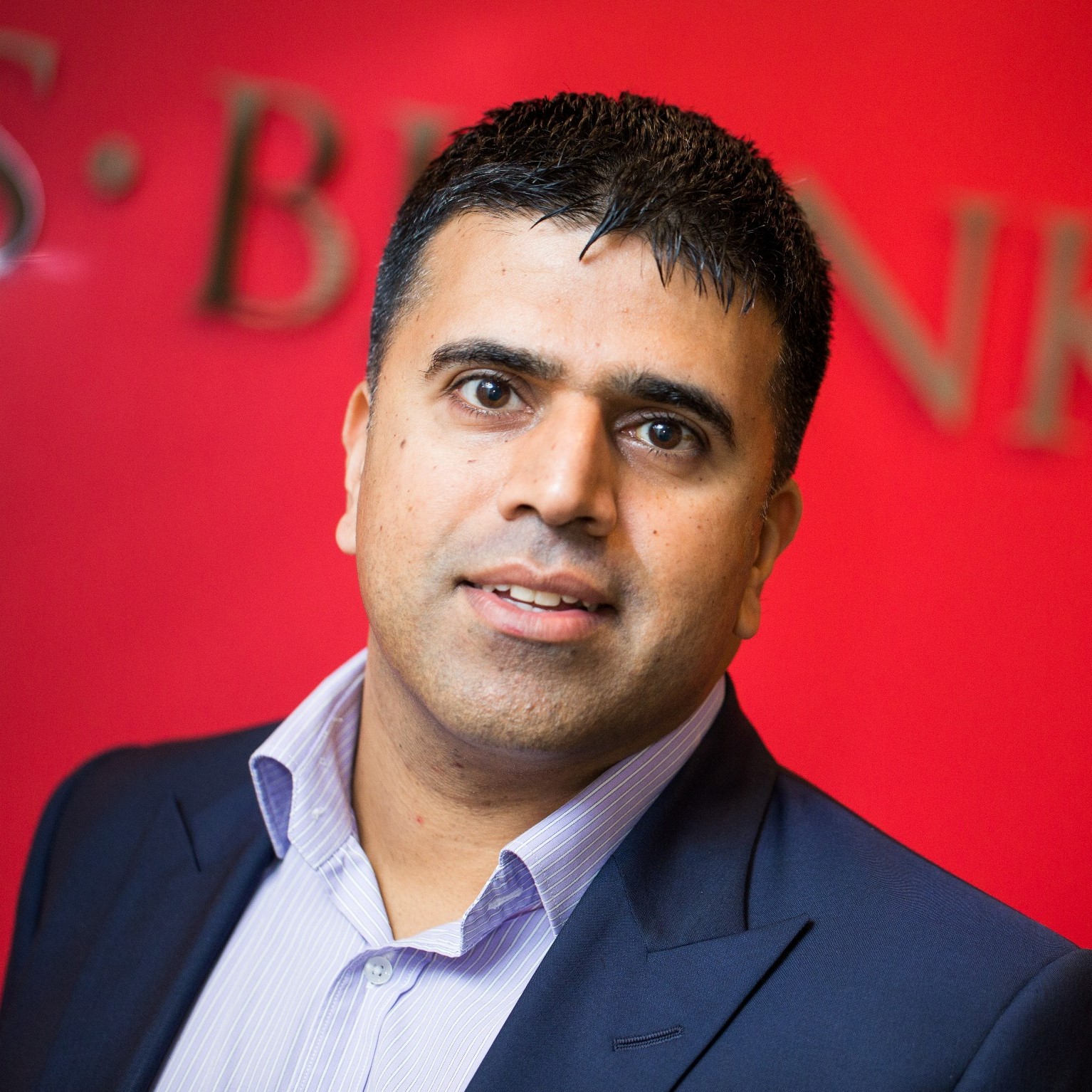Excellent experience start to finish – always very responsive to any queries and the turnaround on the property I was buying was very quick, even in the busy time leading up to stamp duty deadline. Jenny was always very helpful and went above and beyond to close on a short timescale.
Sonio Singh* – Partner in our Corporate and Commercial team – discusses Employee Buyouts
What is an employee buyout?
Whilst having been in existence since 2014 but proliferating after recent tax breaks, Employee Buyouts (EBO) occur when a business owner sells or gifts a controlling interest (more than 50%) of their shareholding to the employees of the business.
There are two key ways in which EBOs are used:
- As an operating business model which incorporates employee ownership; and
- As an exit strategy for shareholders.
An EBO serves as an excellent exit strategy where a business is privately owned and the sole or principal shareholders are nearing retirement.
When should you consider an employee buyout?
Traditionally the most common exit strategy for any shareholder has been a trade sale. However, this process (including due diligence matters) can be time-consuming and disruptive to operations, and owners may not be keen to disclose confidential information to rivals that they have competed against for several years during the due diligence and disclosure process. In addition, there are the advantages of a quicker agreement on the value of the company and shorter form sale documents;
Alternatively, an owner can opt for a management buyout. However, this only delays the succession issue as management are likely to want to sell once they have realised their investment in the business. This can also demotivate employees, whose contributions are not rewarded whilst they remain in the business.
An EBO can include all the employees and the management. An EBO is usually less disruptive than the alternatives because there can be security for loyal employees and continuity for customers, and suppliers of the business during the transition – this can take place over several years.
It serves as a way of succession planning for business owners, ensuring the business’ independence & core values can continue past the owner’s retirement.
Forms of employee buyouts
Employees can achieve a business buyout gradually in various ways, depending on the scale of the business and the number of employees.
Direct Ownership
Individual employees own shares in the business. The purchase of the shares can be facilitated by tax advantageous share schemes.
Employees could acquire shares over time as bonuses or part of their remuneration or through a share scheme.
Indirect Ownership
Employee trusts own shares in the business on behalf of the beneficiaries. The trust holds the shares without the intention of selling them. Indirect ownership allows existing employees, past employees, and future employees to be beneficiaries of the trust.
A trust structure can also have tax benefits for the company and the employees.
Hybrid Ownership
A mixture of both direct and indirect ownership. For example, the majority of shares could be owned by the employee trust while the remaining are owned directly by individual employees.
Tax advantages to employee buyouts via share schemes
Whilst detailed tax advice must be taken before electing to proceed with an EBO, a sale by one or more shareholders of more than 50% of the ordinary share capital of a trading company to an eligible employee ownership trust should qualify for the relevant tax exemption. To this end, the Vendors will receive an exemption from all capital gains tax in the fiscal year in which the EBO acquires a majority holding. This level of tax exemption is even more attractive than the traditional alternative of Entrepreneurs’ Relief.
Trusted legal advice for employers
If you are interested in adopting an employee buy-out your business, you will require a trusted legal advisor to oversee the preparation of the legal structure, the legal instruments as well as the governing documents and the specific governance structure that will succeed your retirement.
—
If you would like to speak to me about Employee Buyouts, please email me via [email protected] or call me on 0161 832 3304.
*This piece was co-authored by Jessica Ojei‑Agwaziam
Found this article useful? You might be interested in some of our others:



